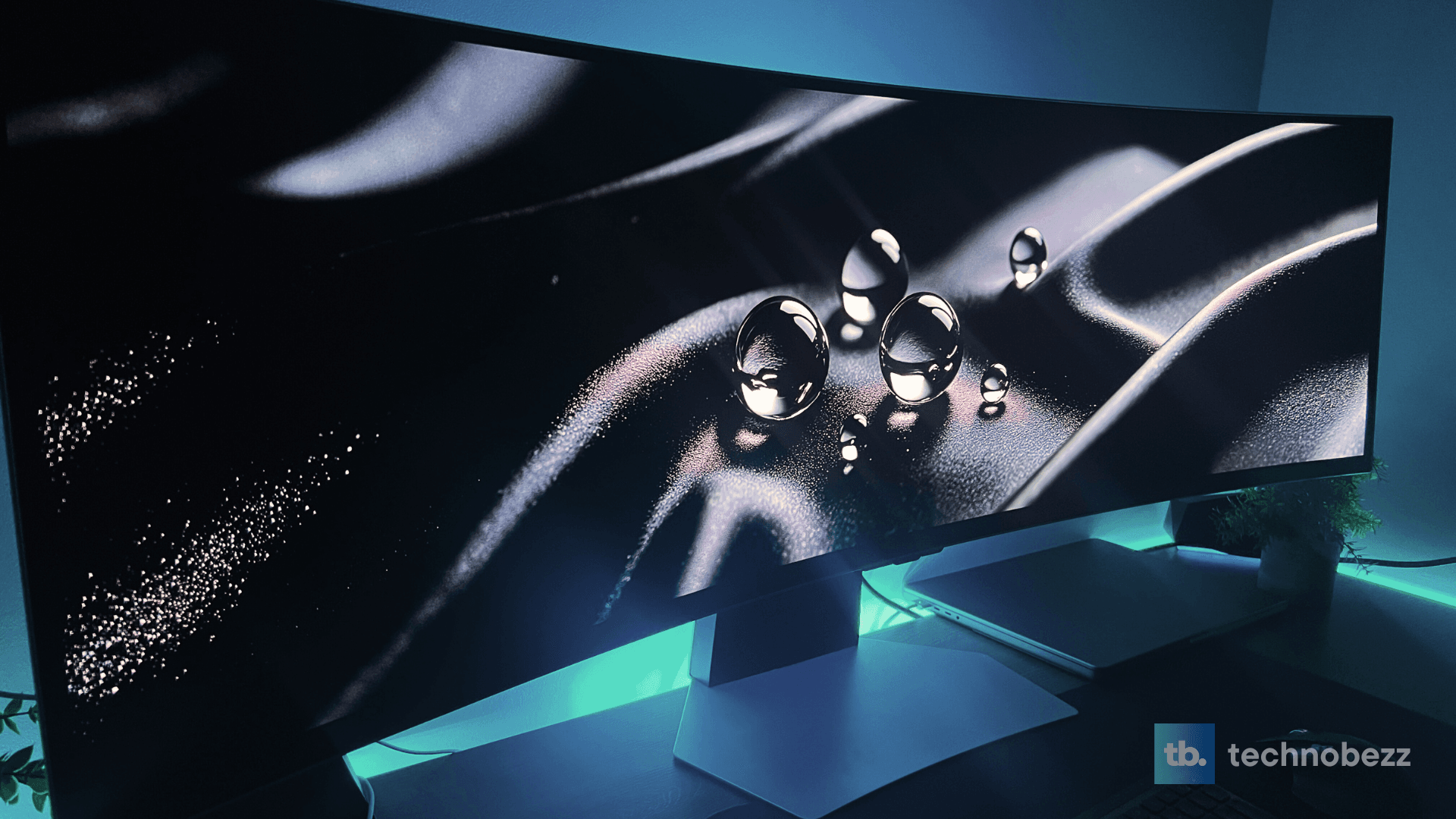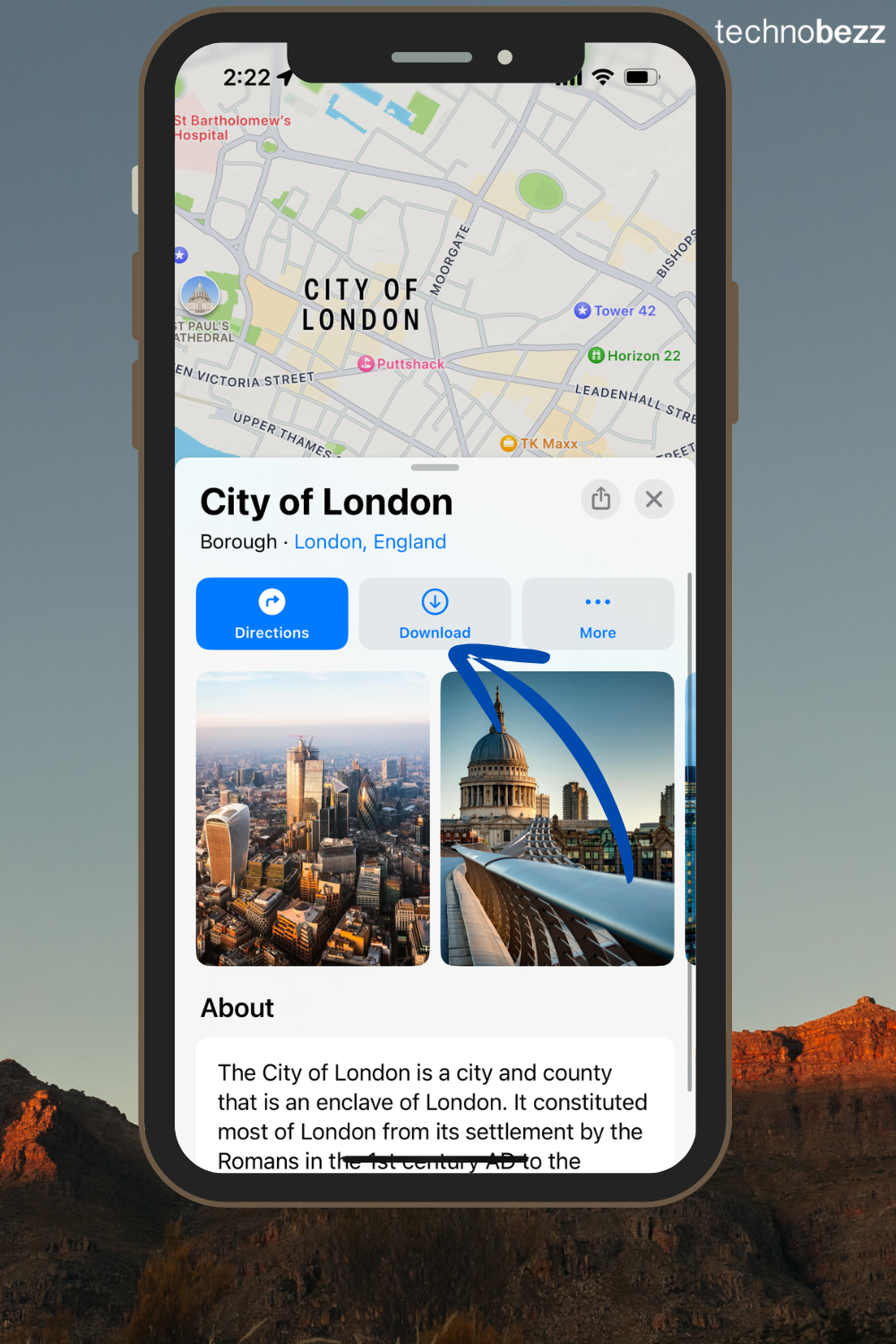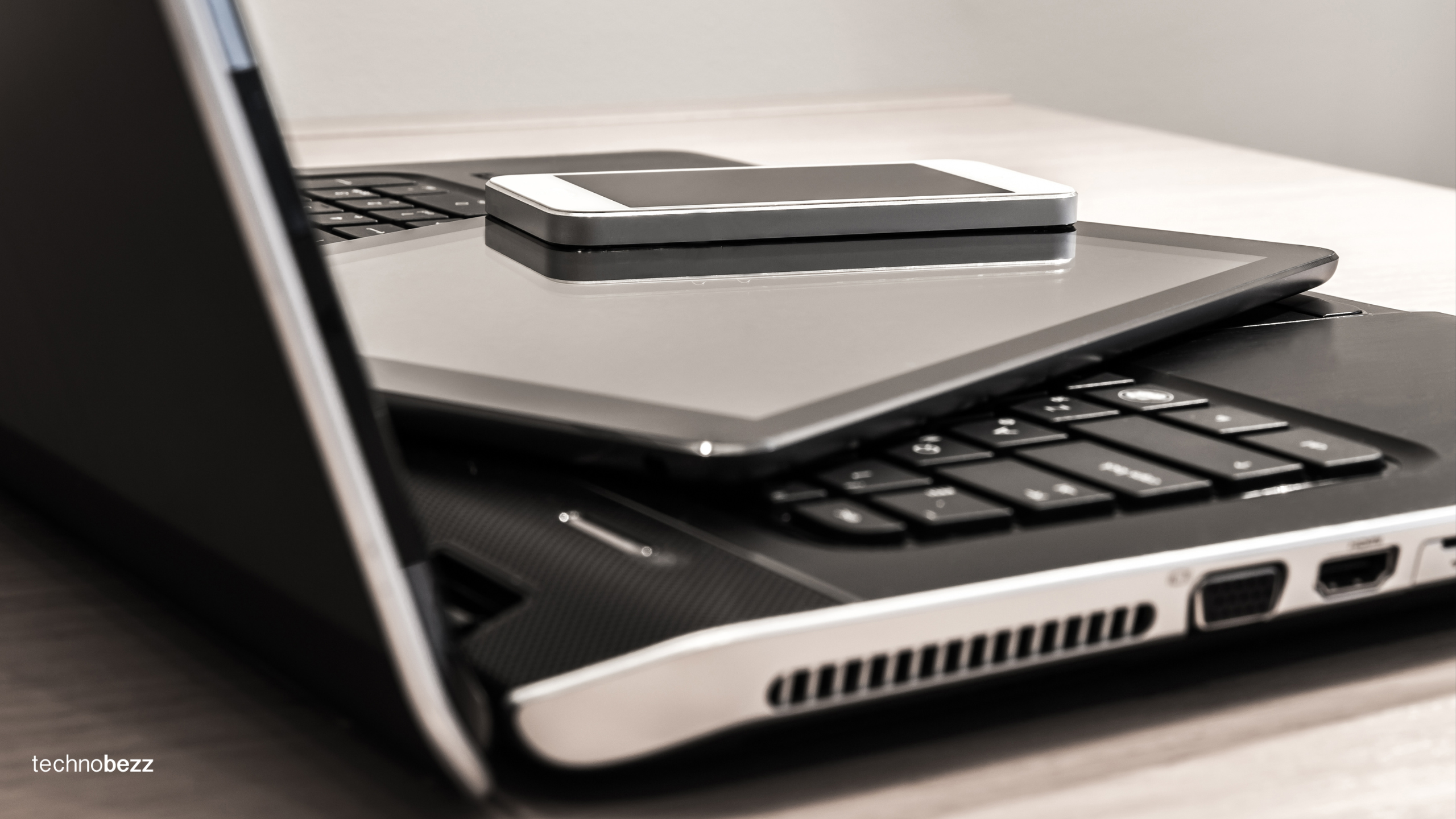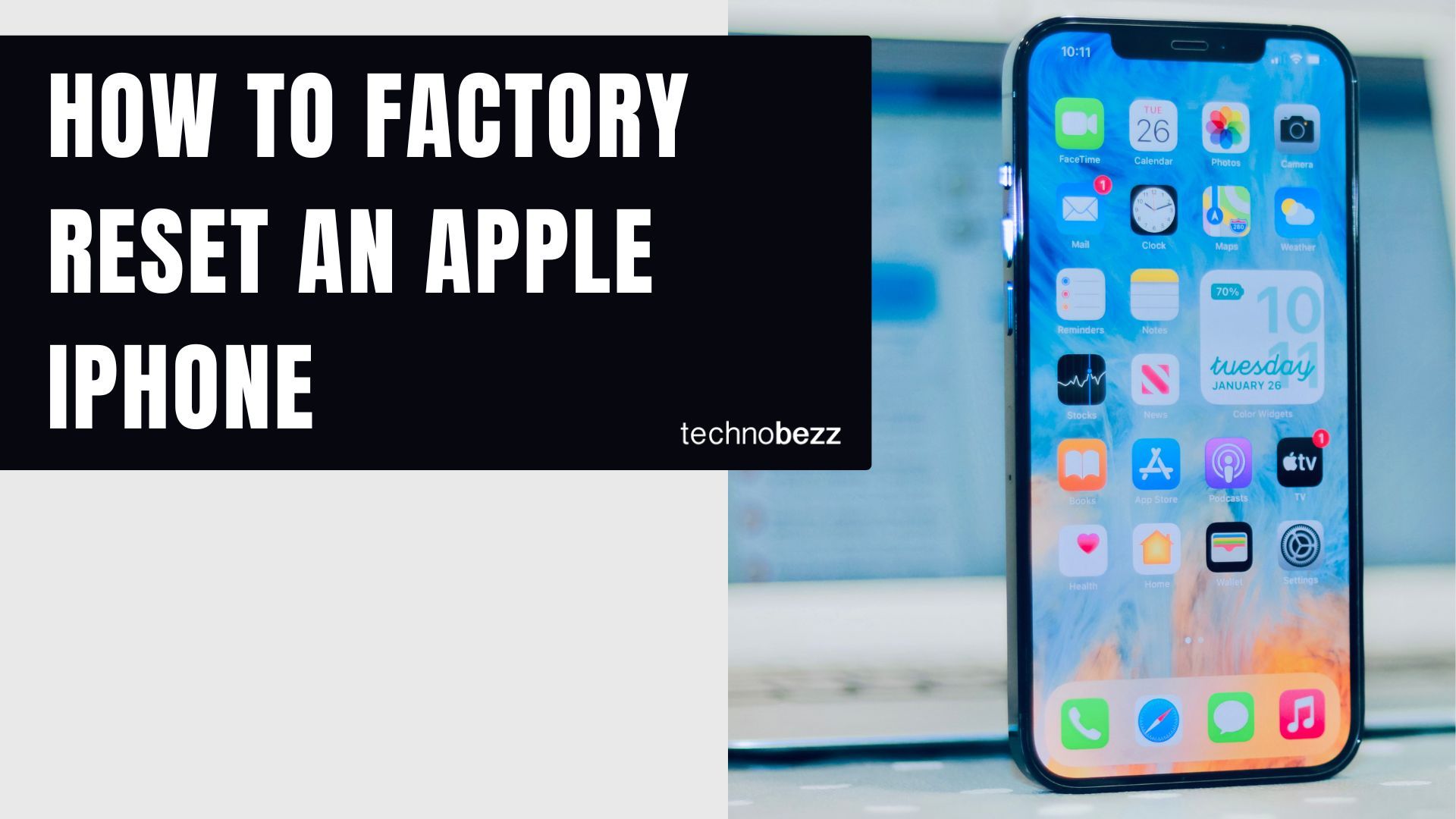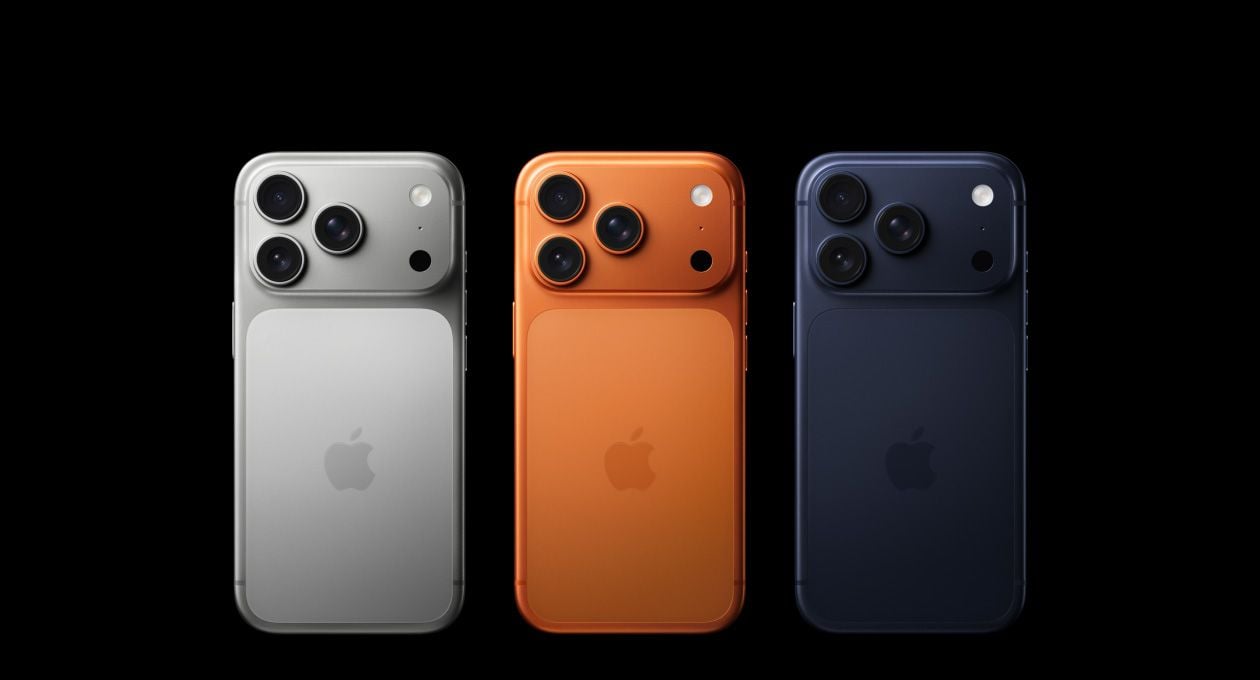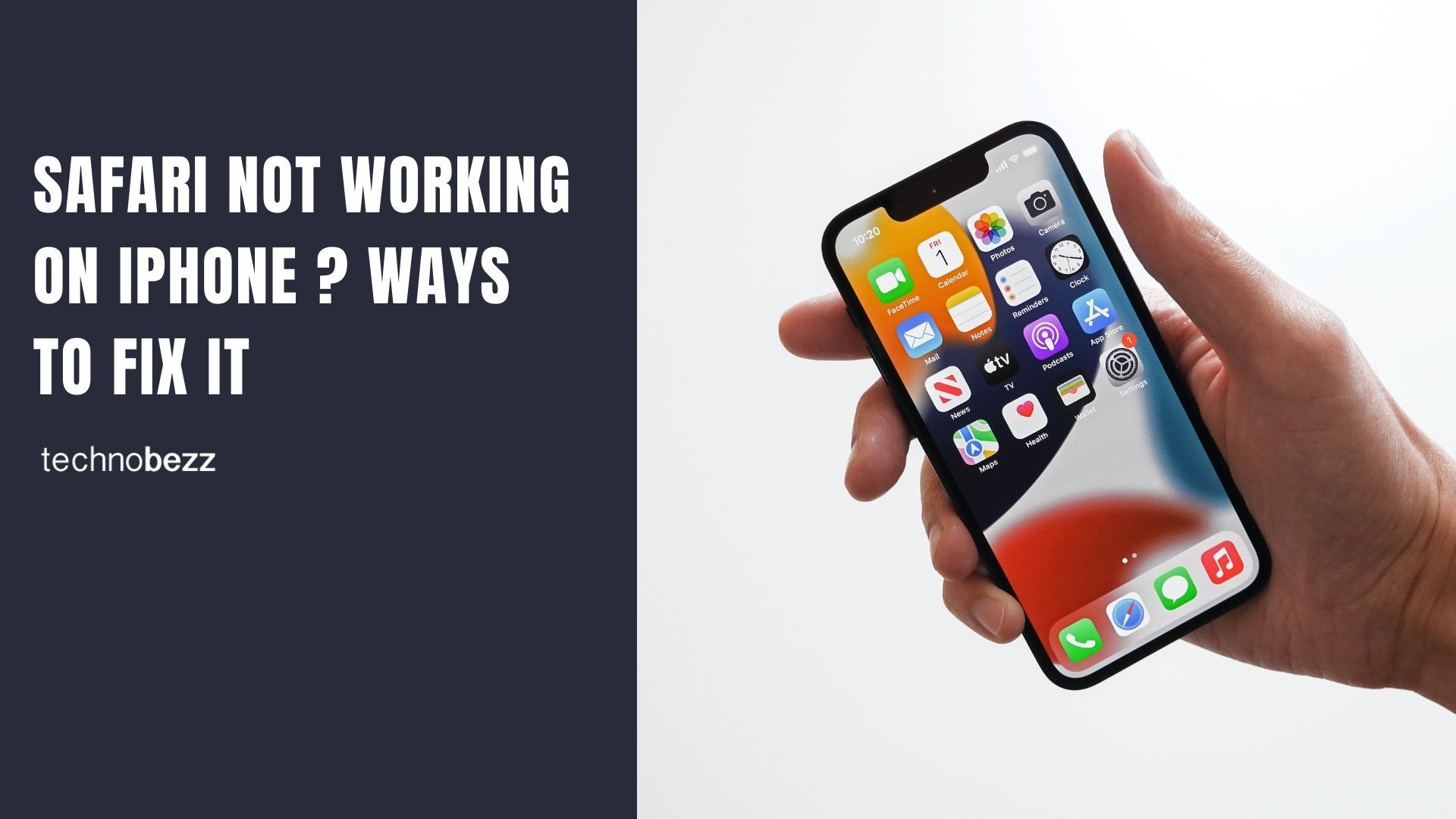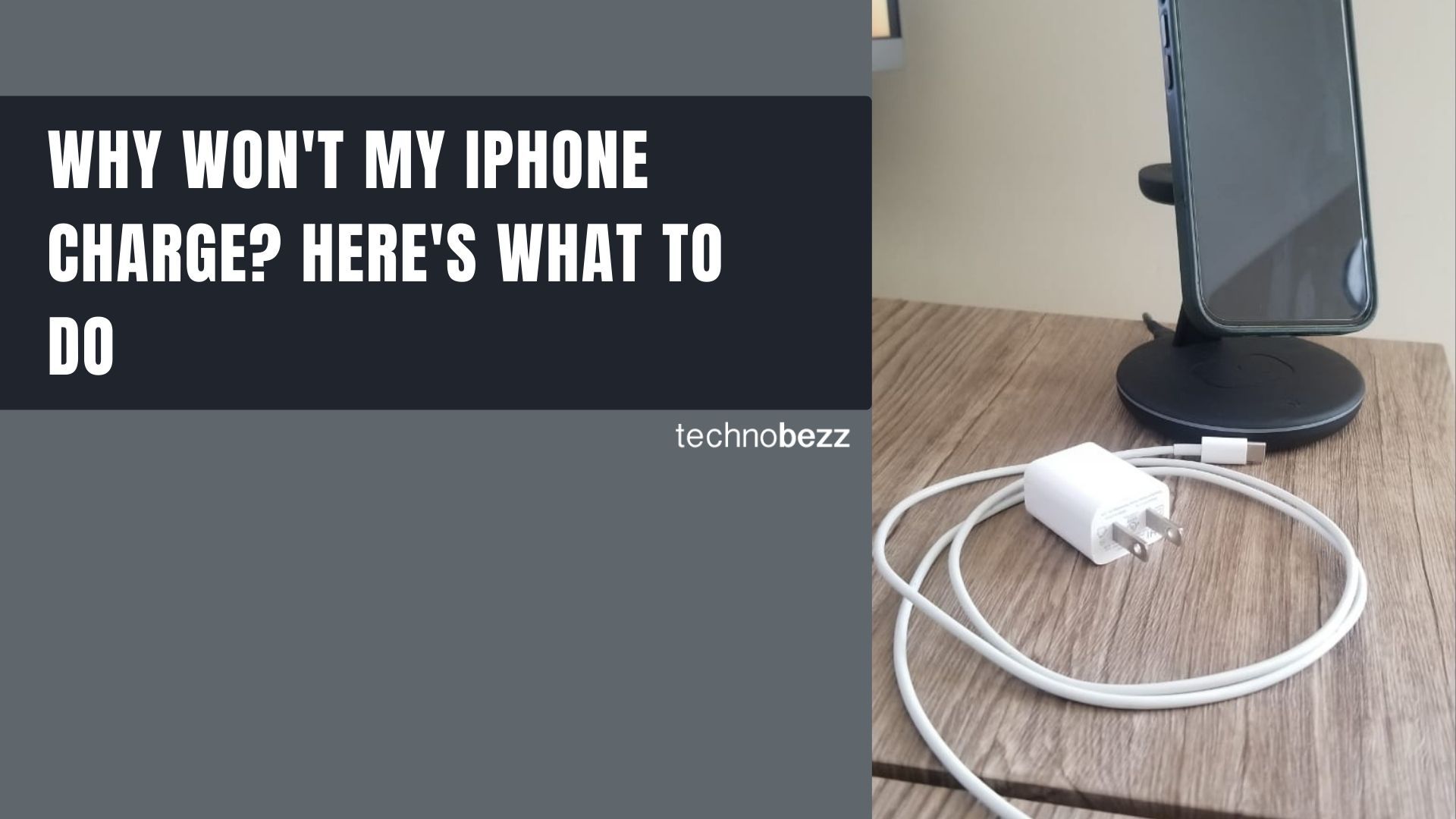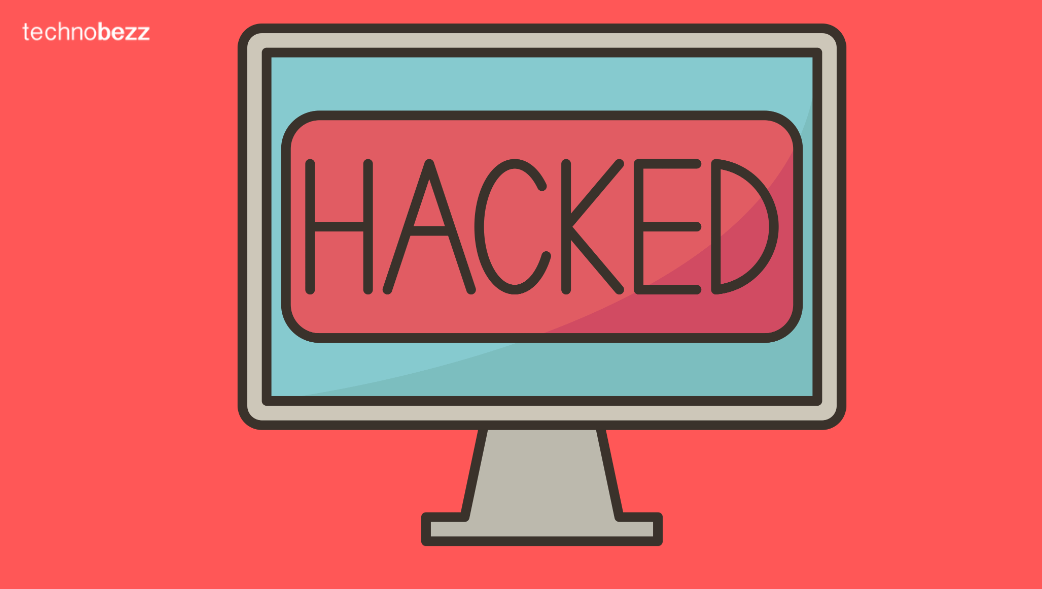We've all experienced it - that brand new smartphone that runs smoothly eventually starts to feel sluggish. While it's tempting to blame planned obsolescence, the reality involves several technical factors that contribute to this gradual slowdown.
Read more - How to Delete Cookies on Your Android Device
Storage Capacity and Performance
As your phone accumulates photos, apps, and files over time, storage space becomes a critical factor in performance. When internal storage approaches capacity, the operating system struggles to manage temporary files efficiently.
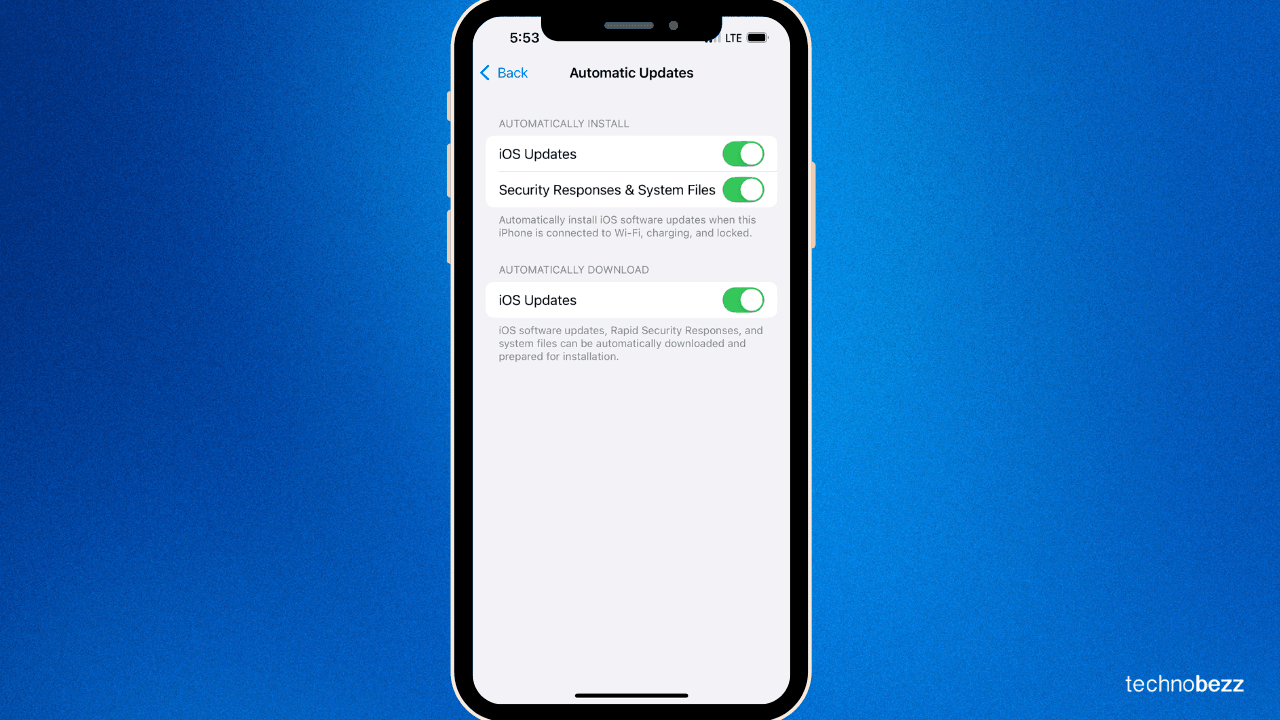
Modern smartphones need adequate free space to function properly. When storage fills up, you'll notice slower app launches, delayed file operations, and general system sluggishness. Solid-state storage in phones can also experience slower write speeds as it nears capacity due to how NAND flash memory manages data.
Cache files from apps and the system itself can grow significantly over time. While caches are meant to improve performance, excessive cache data can paradoxically slow down your device by consuming valuable storage space.
Read more - How to Clear an App's Cache on Your Samsung Device
Software Updates and Compatibility
Regular software updates are essential for security and new features, but they can also impact performance on older devices. Newer software versions are often optimized for the latest hardware, which may strain older processors and memory.
Updates can introduce new background processes or increase resource requirements that older devices struggle to handle. While important for security, these updates can inadvertently reduce the performance you've come to expect from your device.
Battery Health and Performance

Battery health plays a significant role in smartphone performance. As lithium-ion batteries age, they naturally lose capacity and may struggle to provide consistent power. A typical smartphone battery retains only about 80% of its original capacity after 500 charge cycles.
Many devices implement performance management to prevent unexpected shutdowns when battery health declines. This means the operating system may reduce peak performance to maintain stability, effectively extending your device's usable life but at the cost of speed.
Read more - Why Your iPhone Is Lagging and How to Fix It Fast
App Bloat and Background Processes
Over time, the number of apps and background processes running on your smartphone increases significantly. Many apps set themselves to start automatically when your device boots, leading to longer startup times and immediate resource allocation.
Background services for push notifications, data syncing, and app updates collectively consume substantial resources. While individually small, their combined impact can be noticeable, especially on devices with limited processing power.
Poorly optimized apps may also have memory leaks in their background processes, gradually consuming more RAM over time and requiring more frequent app restarts.
Read more - How to Increase Storage Without a Factory Reset
Hardware Aging and Perception
While smartphones lack moving parts, hardware components do experience wear over time. Flash memory may slow down after extensive use, and physical components can degrade with exposure to environmental factors.
There's also a psychological aspect to perceived slowdown. As newer, faster models are released, older devices naturally seem slower by comparison. Users quickly adapt to their device's speed when new, making minor delays more noticeable over time.
Practical Steps to Maintain Performance
To keep your smartphone running smoothly:
- Maintain at least 10-20% free storage space
- Regularly clear app caches and temporary files
- Monitor battery health and consider replacement when capacity drops significantly
- Limit background processes and autostart apps
- Keep software updated but be aware of performance impacts on older devices
Understanding these factors helps you make informed decisions about when to upgrade and how to extend your current device's useful life.




